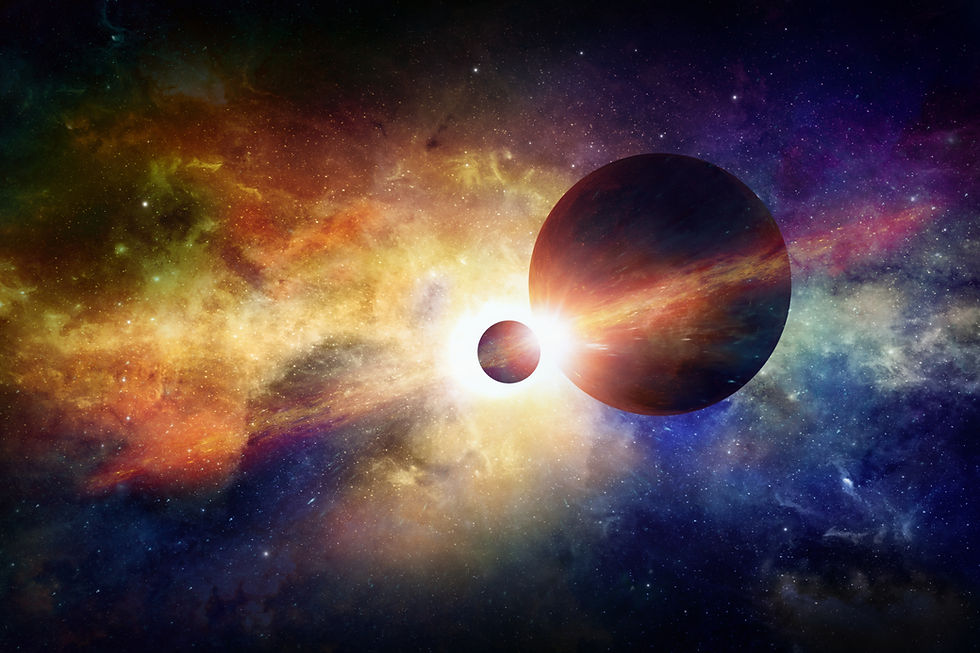Acknowledging the Galileo Affair
- Sean O'Leary

- Nov 4, 2019
- 2 min read
Did the Church rush too quickly to judgement concerning the actions of the scientific genius Galileo?
Galileo Galilei (1564-1642) was a scientific genius who has often been called the ‘Father of Modern Science’. His trial and condemnation by the Catholic Church is often cited as evidence for the conflict thesis between science and religion.
Galileo recognised that Copernicus was right when he argued that the earth travelled around the sun. Yet, a panel of ten cardinals punished Galileo for disobeying an earlier ruling ‘not to hold, teach, or defend in any way whatsoever that the earth moves’.
It is important to remember that many natural philosophers of the time believed that the earth was the centre of the universe. Indeed, even today, we often speak of the sun rising or setting when we know that it is the earth that is rotating.
At the time of Galileo, any investigation of the natural world in the Western World was grounded upon an understanding of God’s Revelation in Sacred Scripture. Several arguments of the era misinterpreted passages in Sacred Scripture to show that the earth did not move rather than understanding the passages as praising God for the stability of the earth. Galileo himself went to great lengths to show that his new theory was in harmony with Sacred Scripture, a viewpoint that would eventually be more clearly understood after his death.
However, the reason for the condemnation of Galileo had much more to do with the lack of conclusive evidence at the time as well as Galileo’s ill-advised lampooning of traditional modes of thought. This can be seen in Galileo’s use of a literary character named ‘Simplico’, which he created to personify the unenlightened voices of his opposition. However, it was the cardinals who committed the biggest mistake in the whole affair by not appreciating the freedom that Church tradition had always afforded to science.
Many people today have heard of Galileo’s run in with the Church without appreciating the larger story. Simply put, Galileo did not have enough good evidence at that time to prove his theory. It is also interesting to note that not all the cardinals signed the verdict that condemned Galileo. Furthermore, Galileo was condemned to house arrest under comfortable conditions where he could continue his scientific research.
It wasn’t until several decades after Galileo’s death that scientists were able to convincingly resolve the dispute. However, it took over three hundred years for the Church to formally acknowledge that Church officials had erred in condemning Galileo.
Pope John Paul II referred to Galileo as a better theologian than the cardinals who condemned him.
The Galileo affair tells us more about human failings and the complex nature of science than it does about the ongoing relationship between science and religion. Indeed, our awareness of the whole affair is a testament to the enduring myth of conflict between science and religion, a myth that endures despite the considerable evidence to the contrary.






Comments